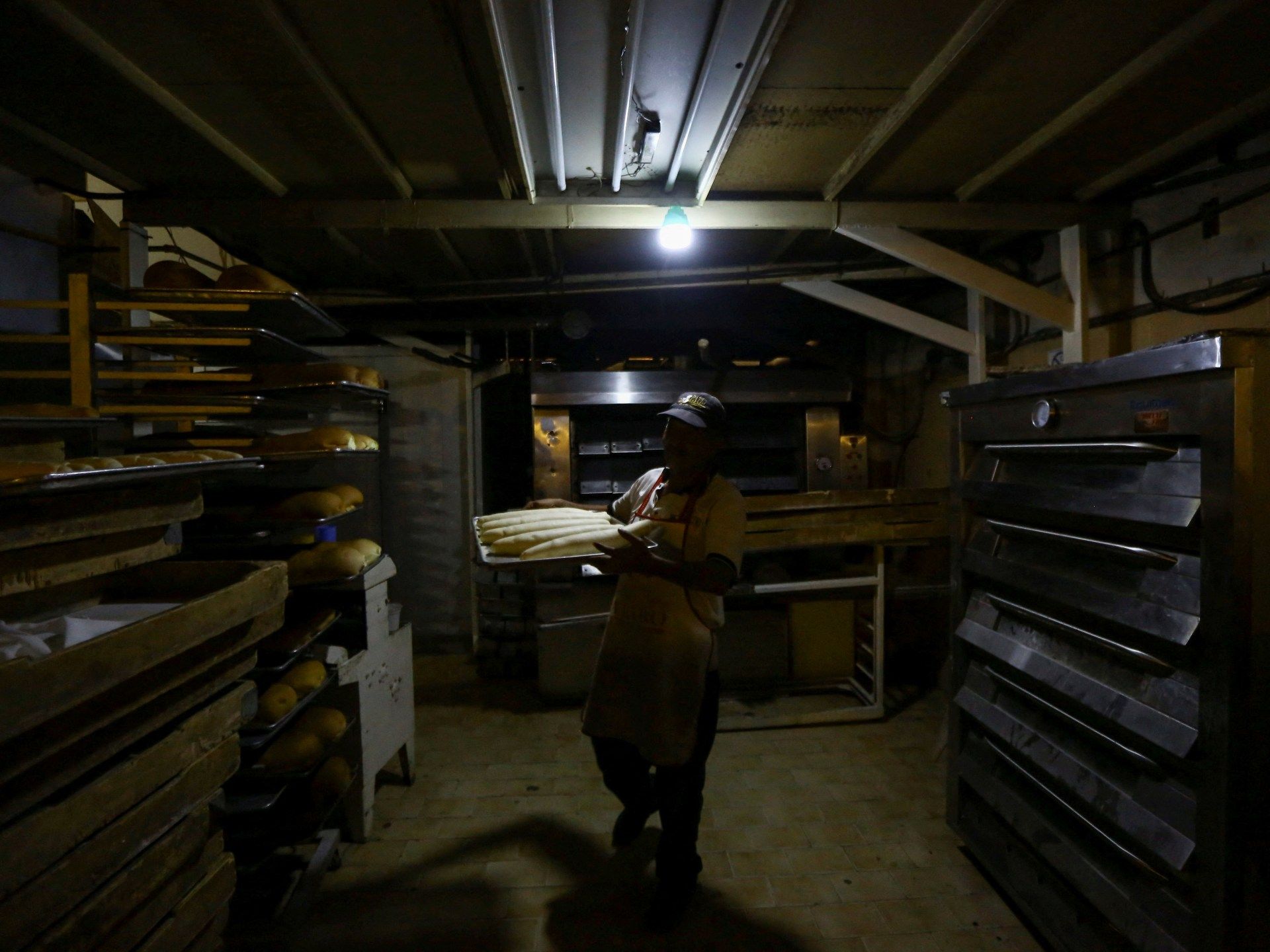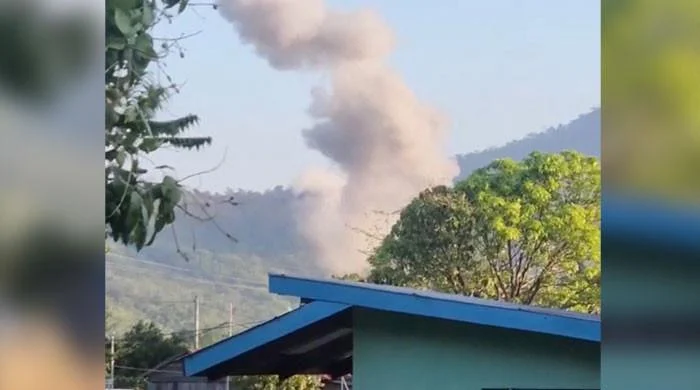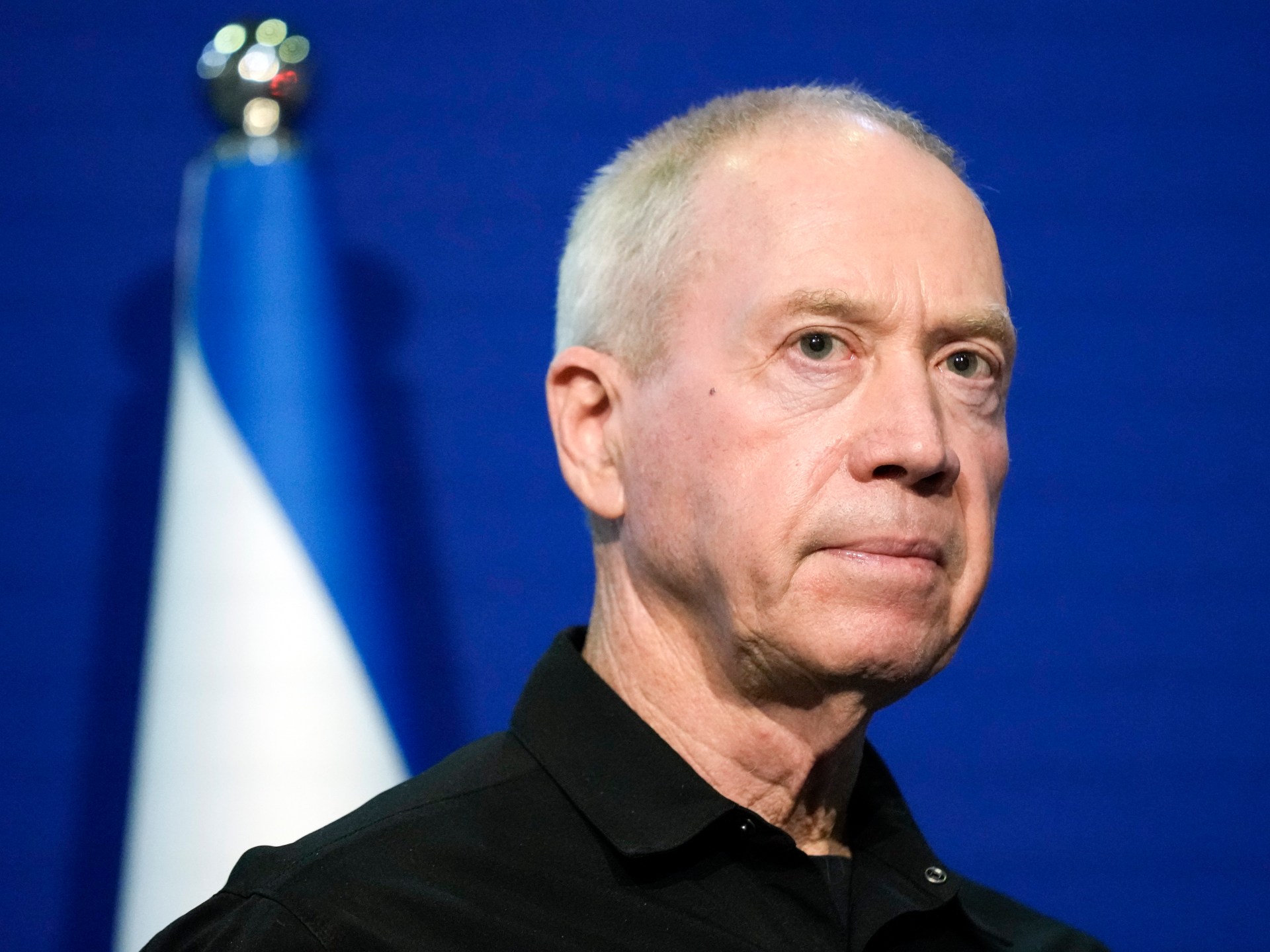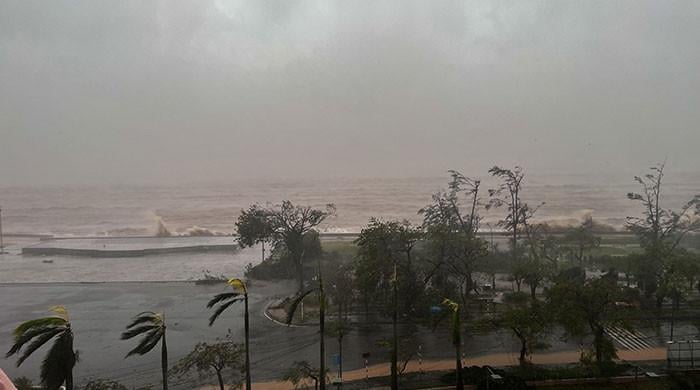Nicolas Maduro's government has blamed sabotage for power outages across the country.
Power has begun to return to parts of Venezuela after its capital, Caracas, and much of the rest of the country were plunged into a blackout that the government blamed on sabotage.
The country suffers from frequent power outages, which President Nicolas Maduro, embroiled in a dispute with the opposition over the outcome of the July 28 presidential election, often blames on the opposition, accusations they have denied.
“We are reporting that at approximately 4:40 am (08:40 GMT) today, Friday, August 30, an electrical sabotage occurred in Venezuela (…) that has affected almost the entire national territory,” said Communications Minister Freddy Ñañez to state channel VTV.
“All 24 states are reporting total or partial loss of power,” he said.
By around 1 p.m. local time (1600 GMT) on Friday, power had returned to parts of the western city of Maracaibo, the central city of Valencia, the eastern city of Puerto Ordaz and the capital Caracas, Reuters news agency reported, citing witnesses.
Interior Minister Diosdado Cabello told state television on Friday morning that power would return gradually, starting with the capital.
“It will gradually begin to arrive at the national level,” Cabello said.
But residents across the country continued to prepare for the worst on Friday.
In the western city of Barquisimeto, people were stocking up on fuel and food.
Attorney Alexa Rivas, 29, avoided what she said were three-mile-long lines at urban gas stations by driving to a service station outside the city.
“I can't be without gasoline, I have a three-year-old child and my mother is 70, I need to have reserves for any emergency,” he told Reuters.
“We have experienced two national blackouts, which makes us very nervous.”
The worst power outage to hit Venezuela, in March 2019, lasted several days. Authorities also attributed those outages to attacks on the grid, such as damage to power lines, by saboteurs and opponents of Maduro's government.
Nanez described Friday's blackout as “a new act of electrical sabotage.”
“We know what it cost us in 2019. We know what it has cost us to recover the national electrical system since then and today we are facing it with the appropriate protocols.”
He added that the government had put in place “anti-coup protocols” after the blackout, citing the recent July 28 election, the outcome of which has been widely disputed.
Both Venezuela's government and opposition say their candidate won last month's election, with the electoral authority and the Supreme Court backing Maduro.
Authorities have yet to release the full vote count despite international calls for them to do so.
Arrests of opposition members have increased dramatically over the past week.
Former opposition presidential candidate Edmundo González and opposition leader María Corina Machado are being investigated for incitement and other crimes by Attorney General Tarek Saab.
Gonzalez has ignored two subpoenas to testify about a website where the opposition has posted what it says are more than 80 percent of the vote counts at the polls, showing a resounding victory for Gonzalez.
A third citation was issued for Gonzalez for Friday, but it is unclear whether it will be valid amid the blackout.
At least 27 people have been killed, including two military personnel, and nearly 200 more have been injured in violence linked to protests since the election.












